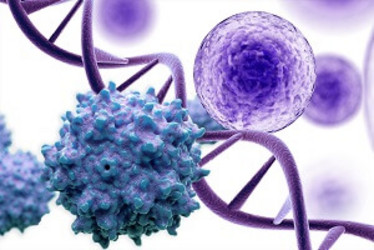
Making Biopharmaceuticals in Space
NASA ultimately wants to send humans to Mars – and those humans will need medicines
Why would medicines need to be made in space when they can be made perfectly well on Earth? Ultimately, NASA wants to send humans to Mars. It would take 3 months just to get there and they’d be stationed on Mars for a while before returning home. The voyagers would need many supplies and materials for the trip. Packing medicines for a variety of scenarios “just in case” might end up being a waste of space, which is in short supply on a spacecraft. Being able to manufacture medicines – especially those with a short shelf life – when required could make a real difference.
In this feature, experts explain exactly how it could be possible to manufacture biopharmaceutical medicines on demand in space. And if we can make medicines in space, we can make them anywhere…
A Grueling Environment: Phil Williams explains how spaceflight can affect biological processes, including pharmacokinetics and pharmacodynamics.
The Astropharmacy Concept: Lynn J Rothschild from NASA’s Ames Research Center has been involved in creating an “astropharmacy” system.
Down to Earth: Why making medicines in space can help with problems on Earth, such as cold chain (with Phil Williams).
Extraterrestrial Risk: Discussing the biosecurity risks of exo-microorganisms with Katja Schaefer.
Bringing Bioreactors to Space: Normal bioreactors do not work well in microgravity, but Richard Bonocora and colleagues have been working on a potential solution.
A Center for Space Medicine: What’s the story behind the Baylor College of Medicine Center for Space Medicine?
Leverage Proven Technology to Speed Path to FIH

GPEx® Lightning is a fast, flexible way to shorten the path to production of phase 1 material. During this talk, we share the latest data leveraging GPEx® Lightning to generate highly stable, highly productive cell pools.

Making great scientific magazines isn’t just about delivering knowledge and high quality content; it’s also about packaging these in the right words to ensure that someone is truly inspired by a topic. My passion is ensuring that our authors’ expertise is presented as a seamless and enjoyable reading experience, whether in print, in digital or on social media. I’ve spent fourteen years writing and editing features for scientific and manufacturing publications, and in making this content engaging and accessible without sacrificing its scientific integrity. There is nothing better than a magazine with great content that feels great to read.



















